Malayalam Calendar 2025: A Comprehensive Guide
Related Articles: Malayalam Calendar 2025: A Comprehensive Guide
- 2025 Bulgarian Calendar
- Numbered Week Calendar 2025: A Comprehensive Guide To Planning And Tracking Time
- In The Chinese Calendar, 2025 Is The Year Of The Snake
- New Brunswick School Calendar 2025: A Comprehensive Guide
- The Number 7 Advent Calendar 2025: A Journey Through Time And Wonder
Introduction
With enthusiasm, let’s navigate through the intriguing topic related to Malayalam Calendar 2025: A Comprehensive Guide. Let’s weave interesting information and offer fresh perspectives to the readers.
Table of Content
Video about Malayalam Calendar 2025: A Comprehensive Guide
Malayalam Calendar 2025: A Comprehensive Guide
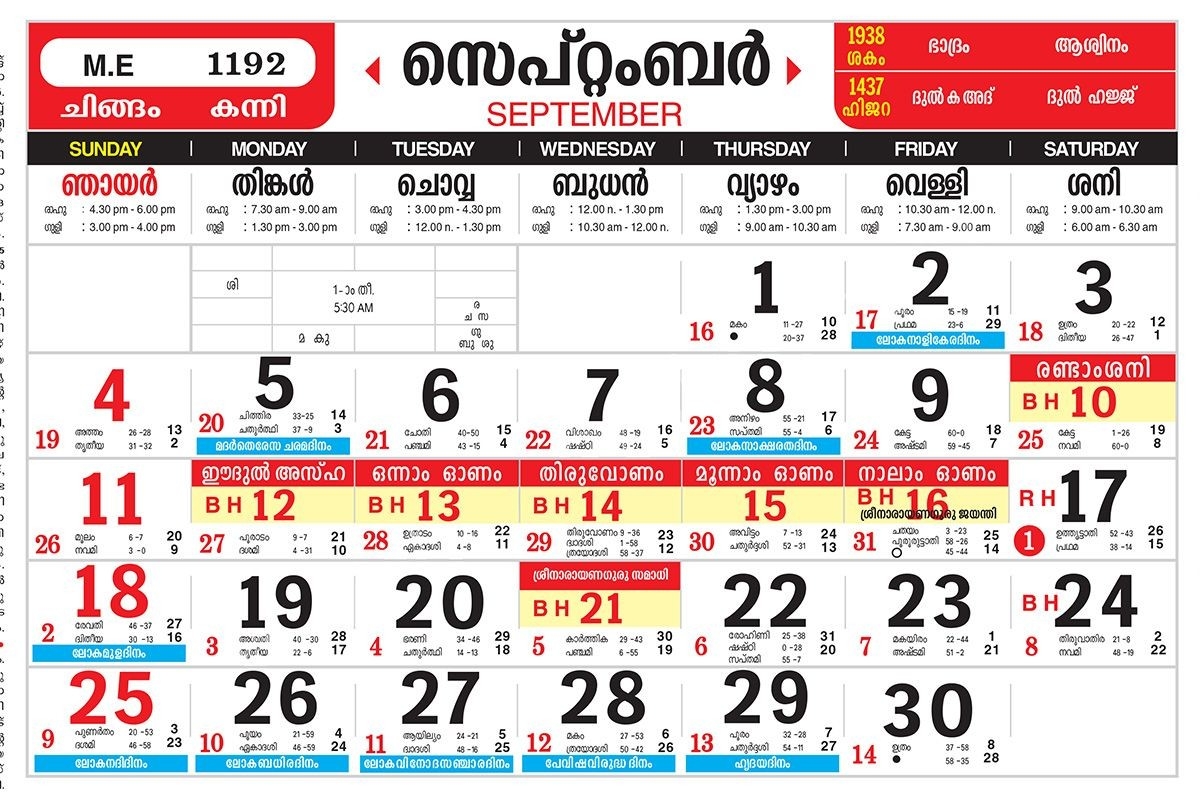
The Malayalam calendar, also known as the Kollavarsham, is a traditional lunisolar calendar used in the Indian state of Kerala and the neighboring regions. It is based on the ancient Hindu calendar and follows a cycle of 60 years, with each year named after one of the 60-year cycle years. The year 2025 corresponds to the year 1190 in the Malayalam calendar.
Calendar Structure
The Malayalam calendar consists of 12 months, each of which is divided into two fortnights. The months are named after the corresponding zodiac signs, and the fortnights are known as Pakshas. The first fortnight, known as Sukla Paksha, begins with the new moon and ends with the full moon. The second fortnight, known as Krishna Paksha, begins with the full moon and ends with the new moon.
The Malayalam calendar is a lunisolar calendar, which means that it follows both the solar and lunar cycles. The solar year is divided into 12 months, each of which is approximately 30 days long. The lunar year is divided into 12 months, each of which is approximately 29.5 days long. This means that the Malayalam calendar is not always in sync with the solar year, and there are occasional adjustments made to keep the two calendars aligned.
Months of the Malayalam Calendar
The 12 months of the Malayalam calendar are as follows:
- Chingam (August-September)
- Kanni (September-October)
- Thulam (October-November)
- Vrischika (November-December)
- Dhanu (December-January)
- Makaram (January-February)
- Kumbham (February-March)
- Meenam (March-April)
- Medam (April-May)
- Edavam (May-June)
- Mithunam (June-July)
- Karkidakam (July-August)
Festivals and Holidays
The Malayalam calendar is rich in festivals and holidays, many of which are unique to Kerala. Some of the most important festivals include:
- Onam (August-September): A harvest festival celebrated over ten days.
- Vishu (April): The Malayalam New Year, celebrated with fireworks and feasts.
- Thiruvathira (December-January): A festival dedicated to Lord Shiva and Goddess Parvati.
- Shivaratri (February-March): A festival dedicated to Lord Shiva.
- Holi (March): A festival of colors celebrated throughout India.
- Deepavali (October-November): A festival of lights celebrated across India.
Using the Malayalam Calendar
The Malayalam calendar is widely used in Kerala for religious, cultural, and agricultural purposes. It is also used to determine auspicious dates for weddings, festivals, and other important events. The calendar can be found in print form in Kerala and online on various websites.
Conclusion
The Malayalam calendar is a rich and complex system that has been used for centuries in Kerala. It is an important part of Kerala’s cultural heritage and continues to be used by people in the region today. The Malayalam calendar for 2025 provides a comprehensive overview of the year, including the months, festivals, and holidays.
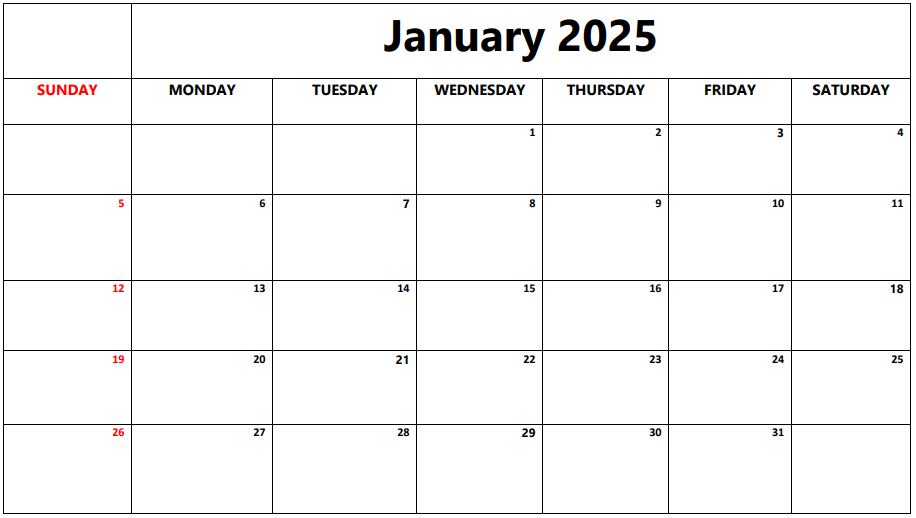

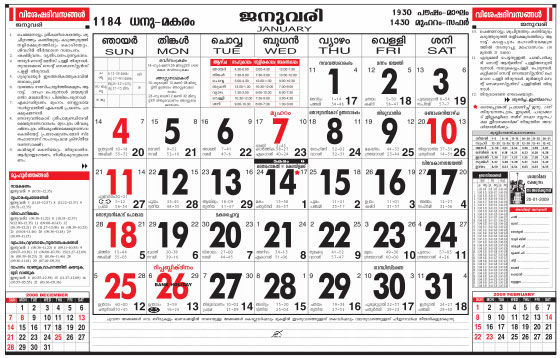



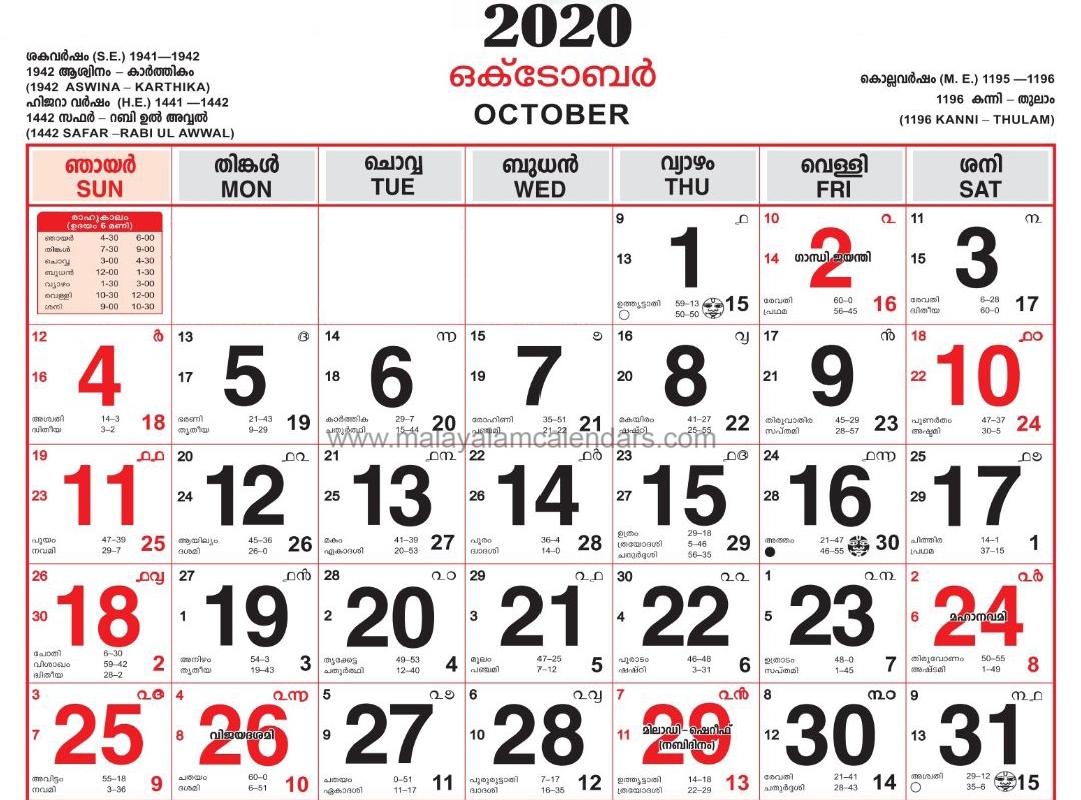
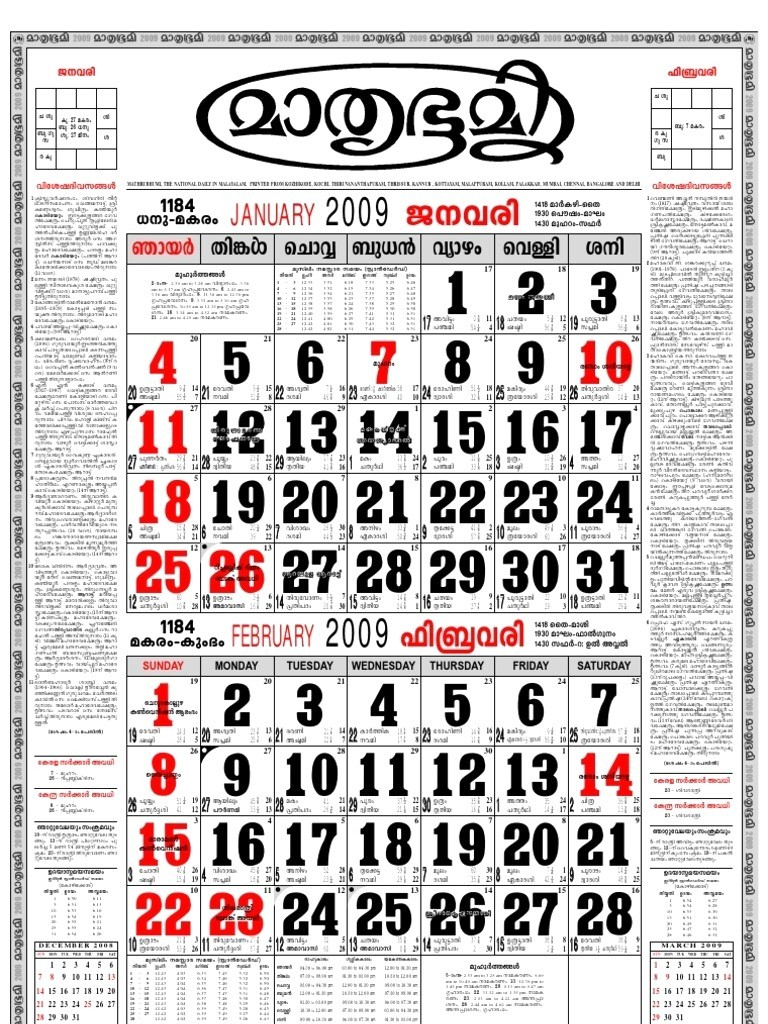
Closure
Thus, we hope this article has provided valuable insights into Malayalam Calendar 2025: A Comprehensive Guide. We appreciate your attention to our article. See you in our next article!